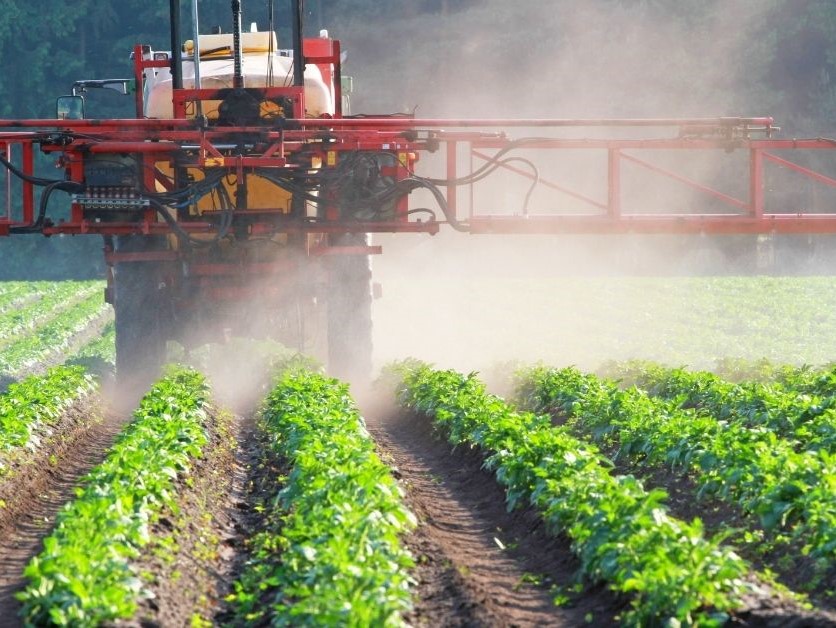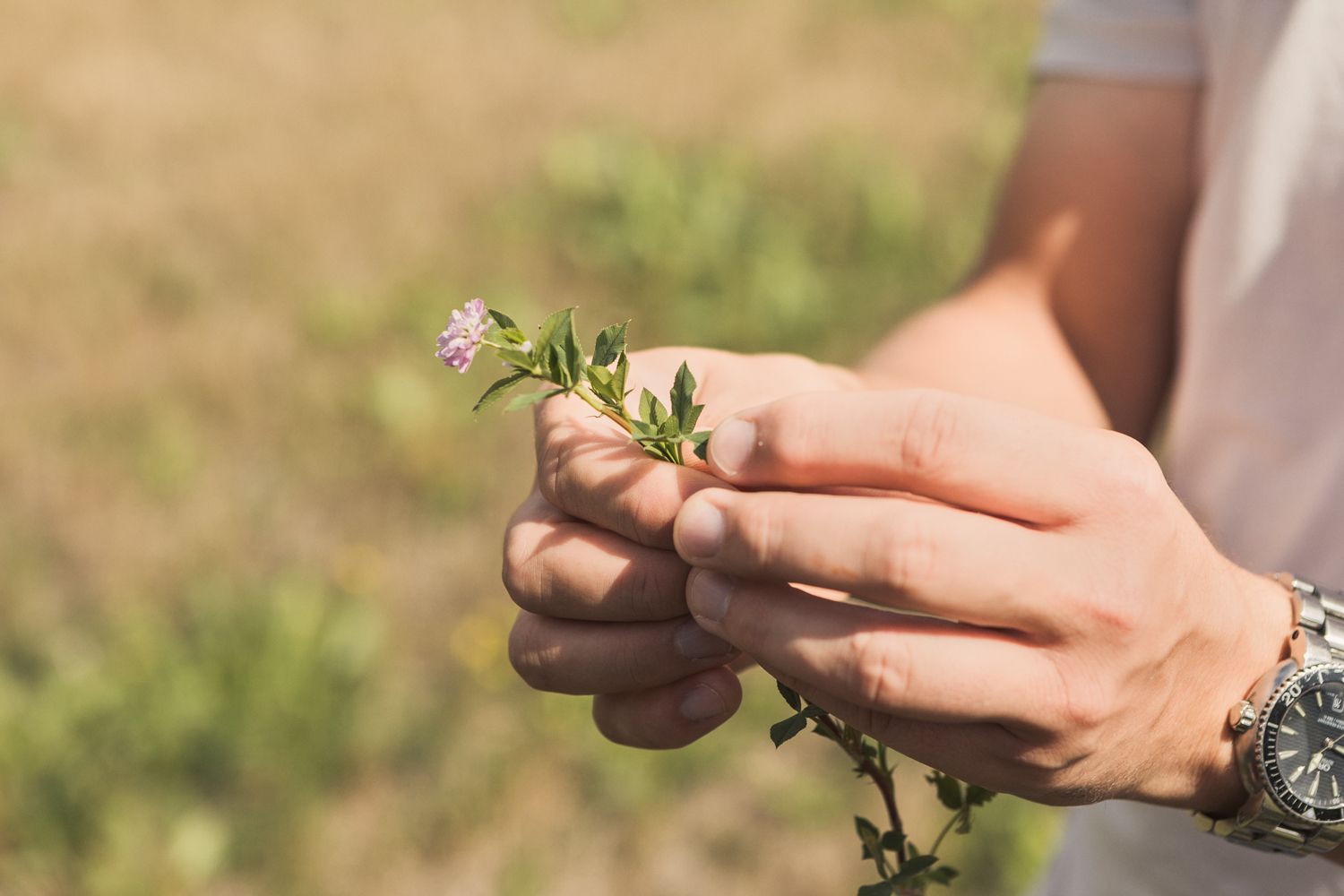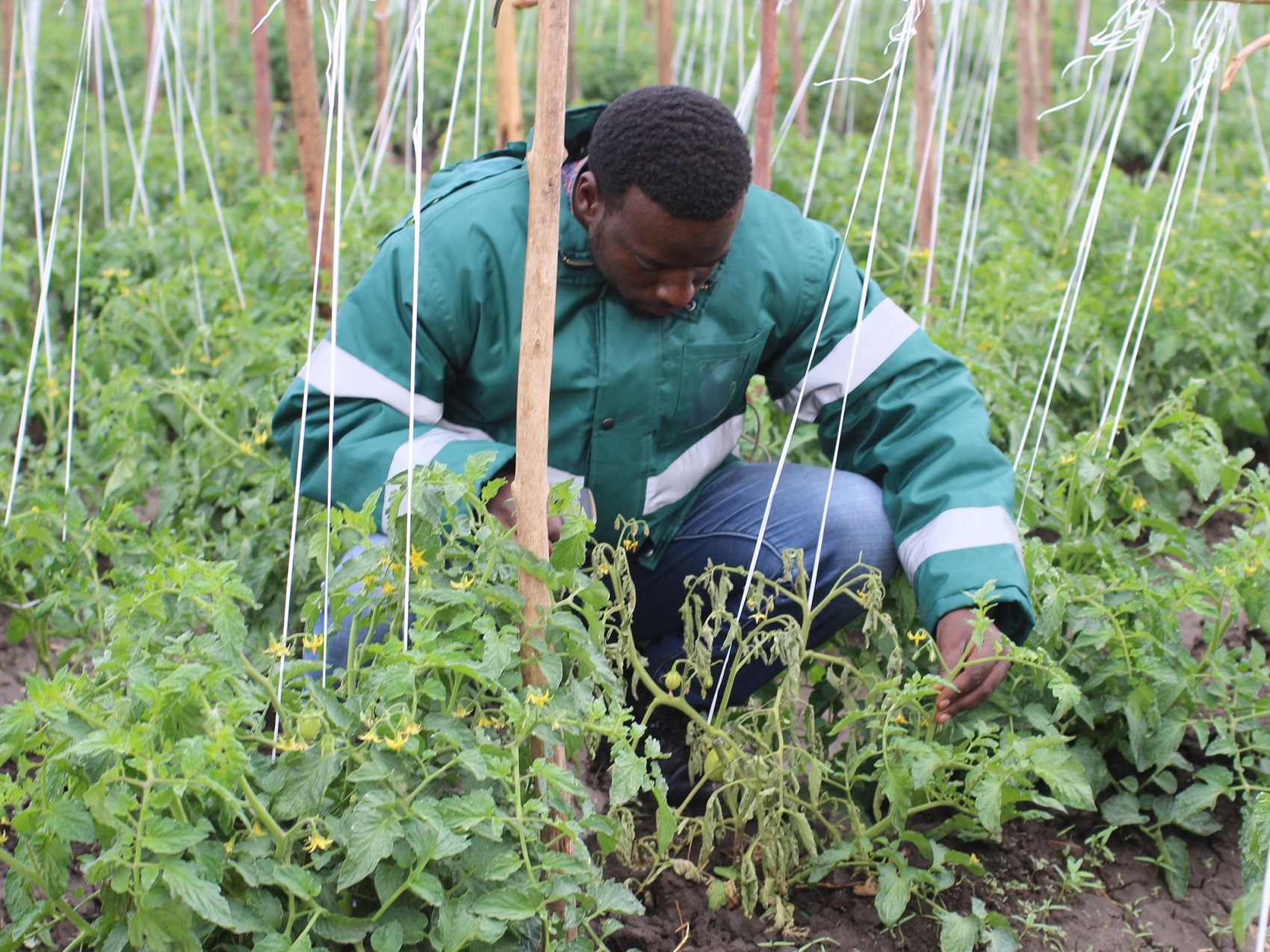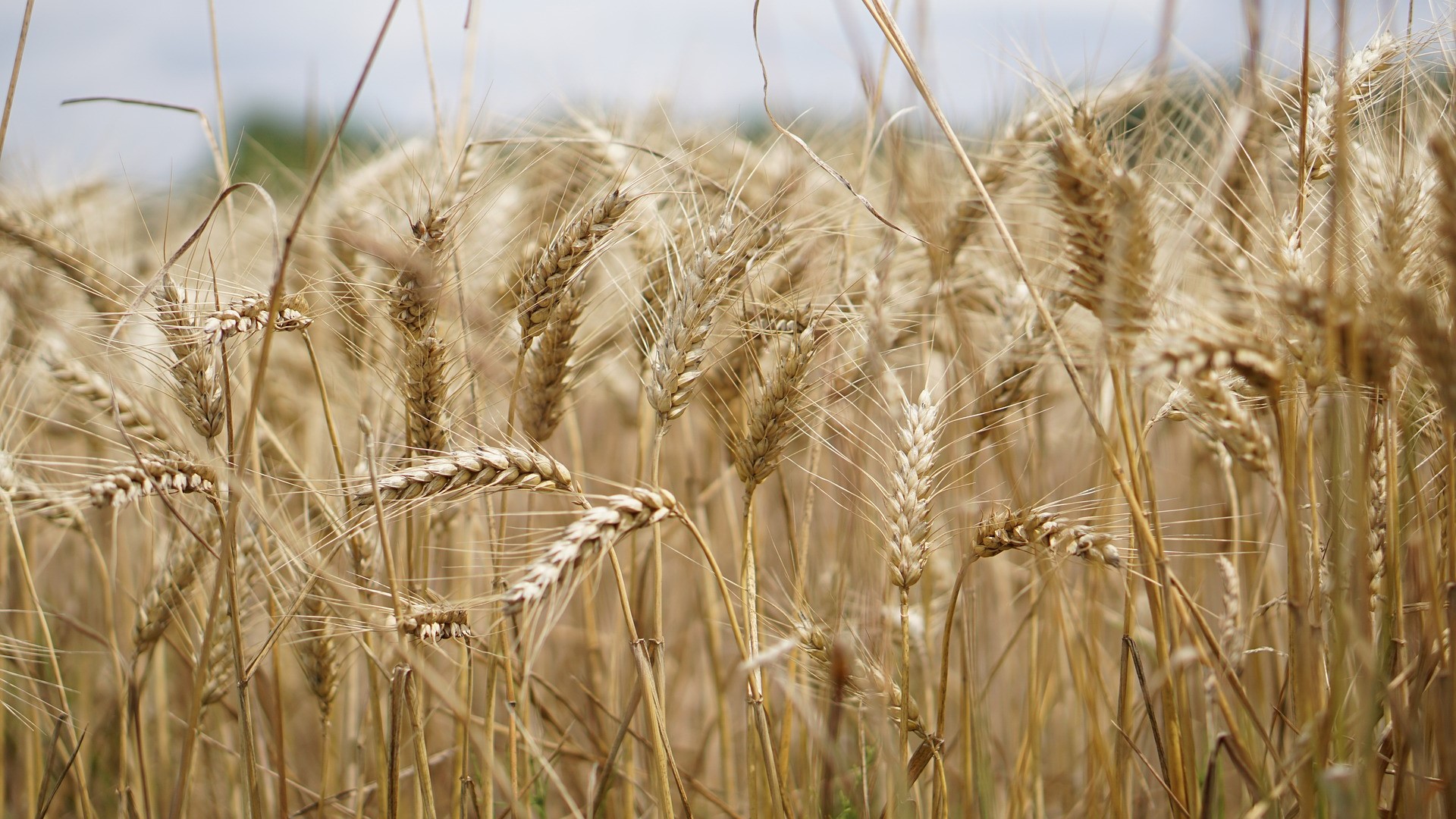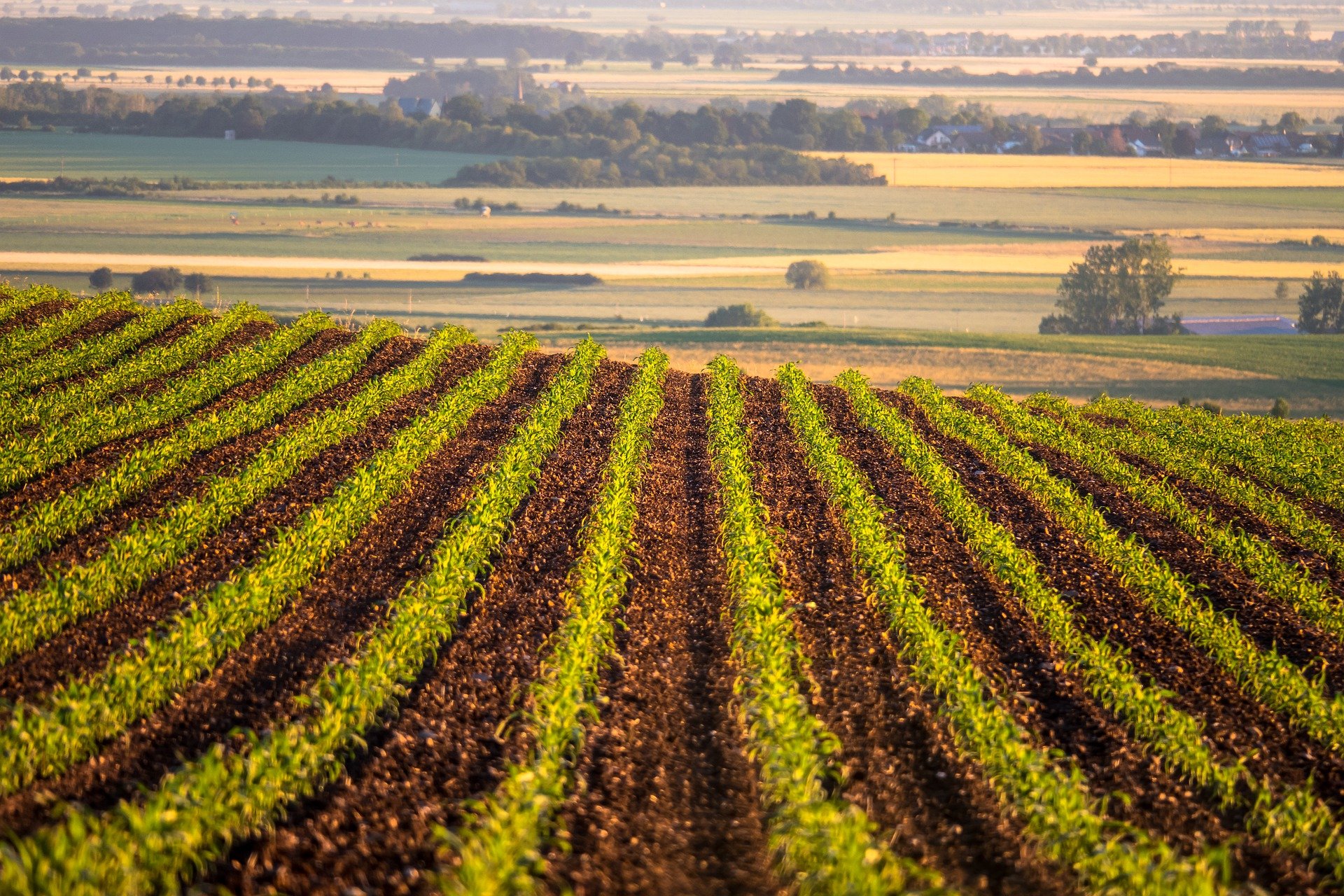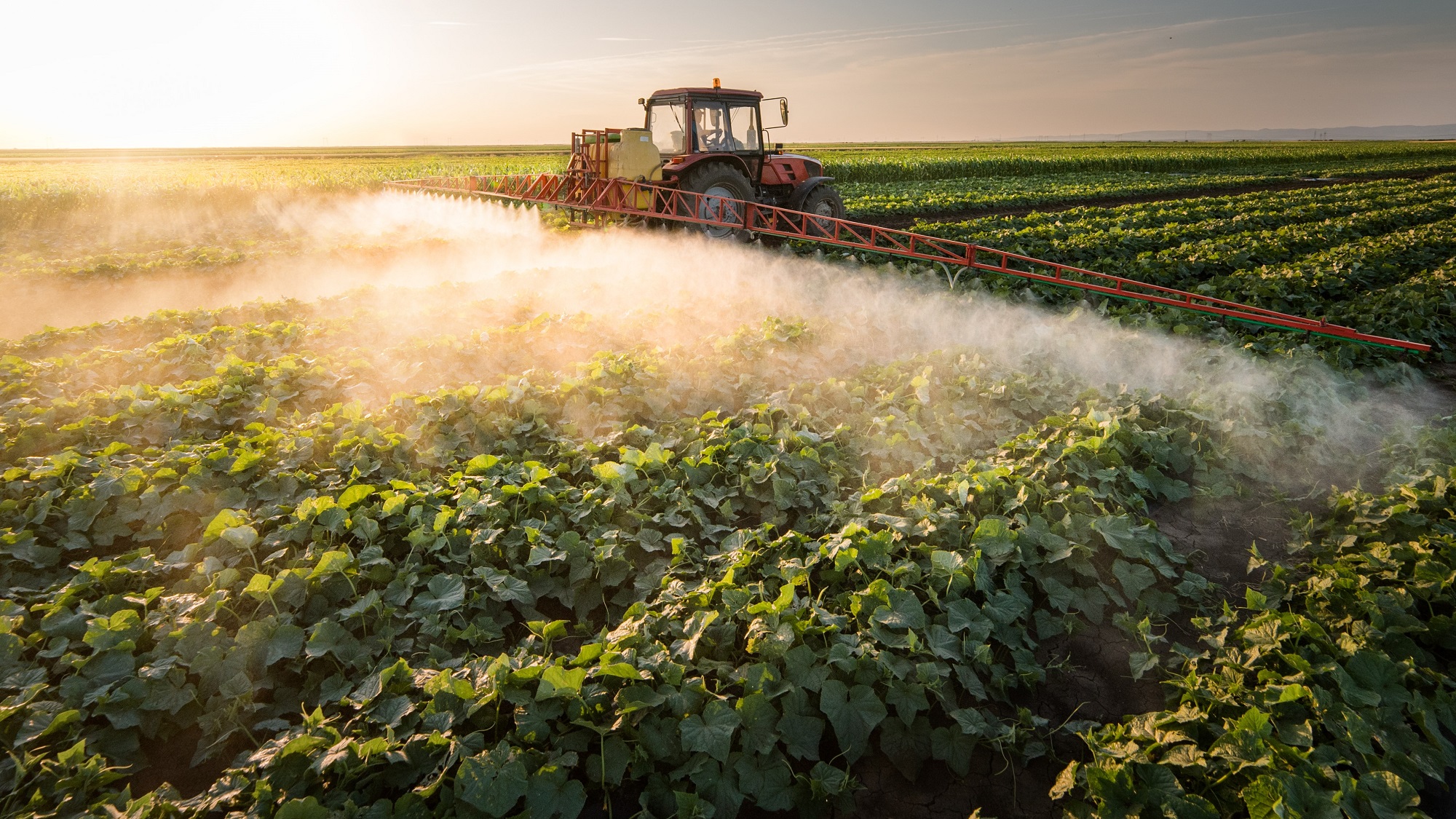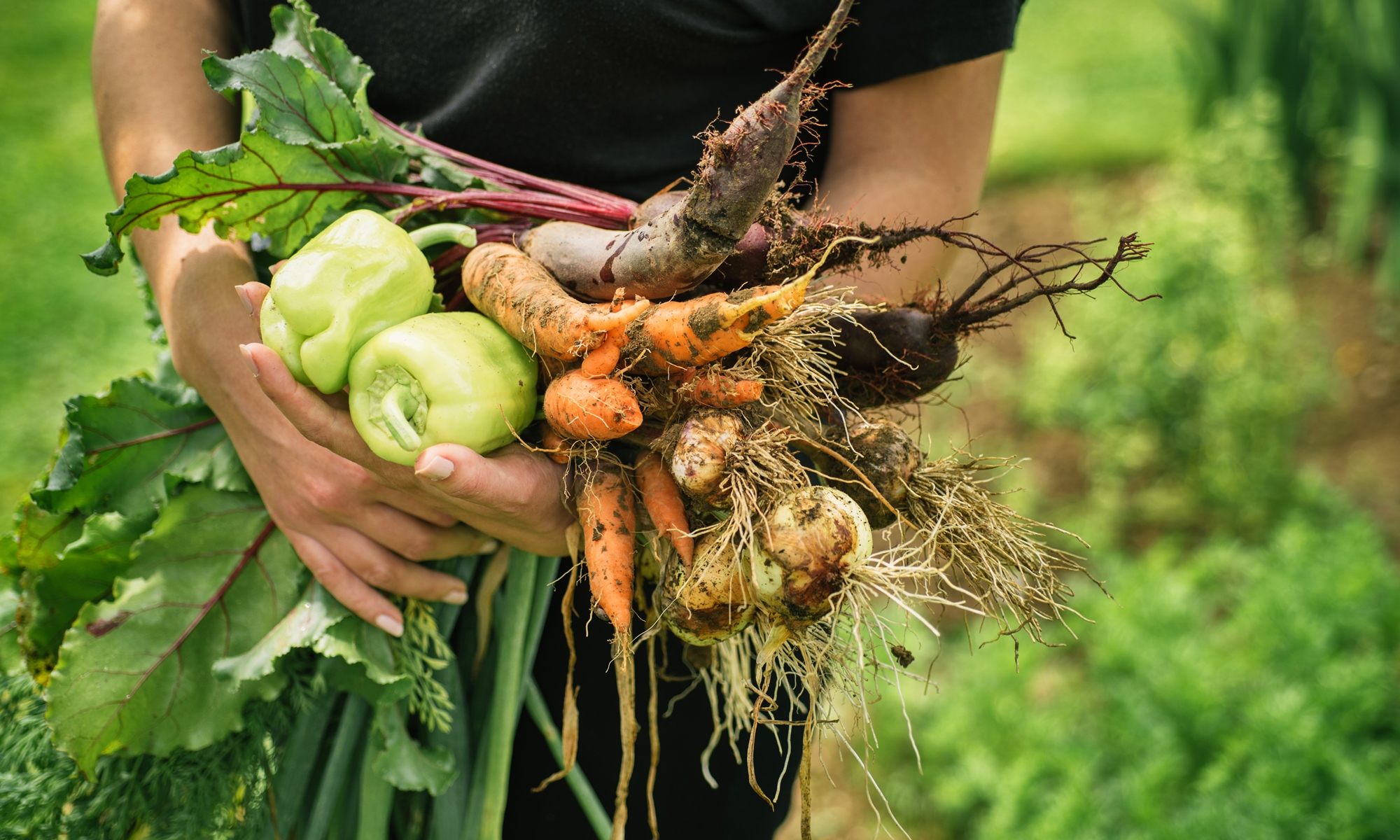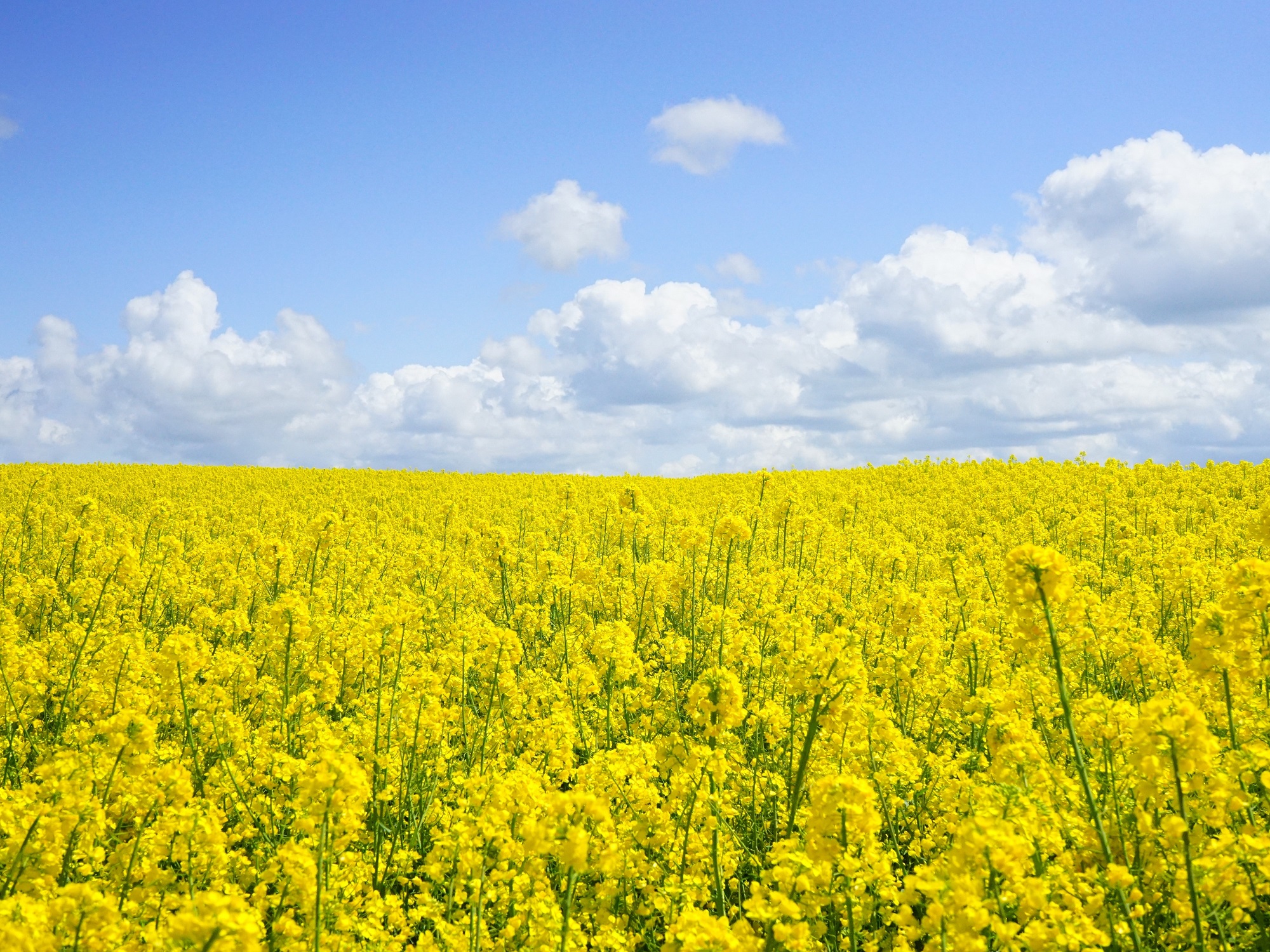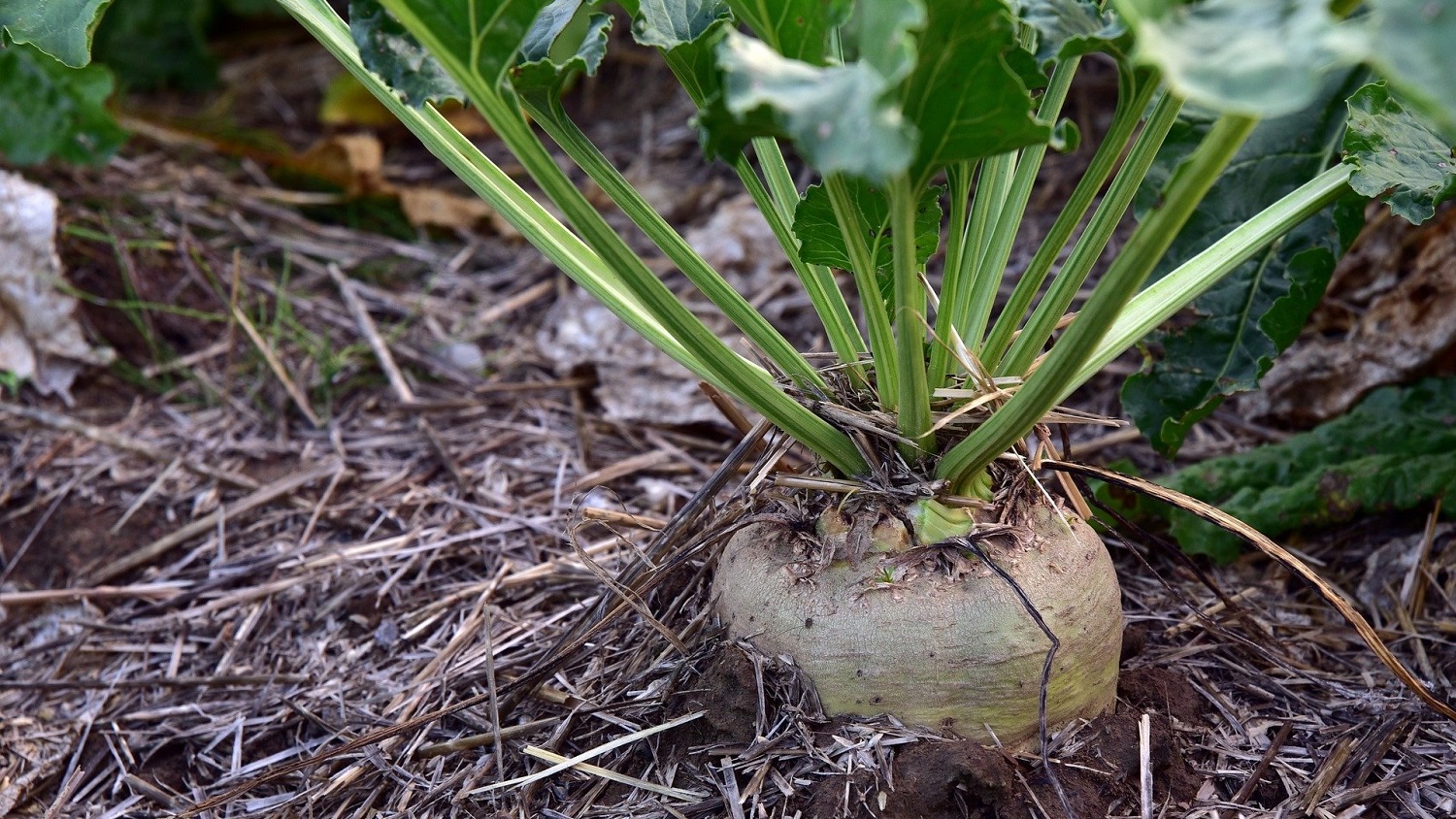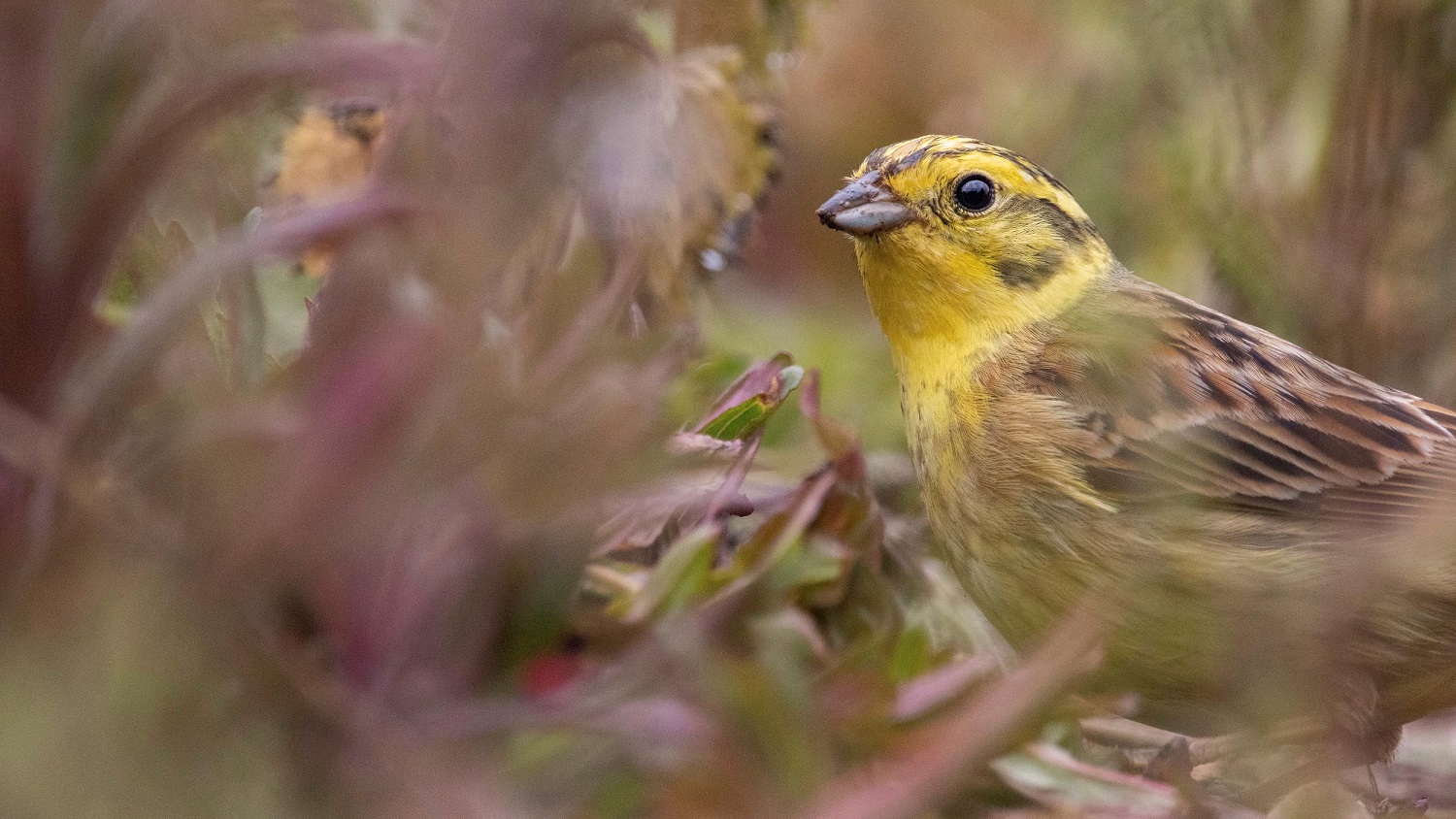What’s the difference between an active substance being banned vs. ‘never approved’ vs. ‘no products ever approved’?
Pesticides are approved in two distinct stages. Firstly, the active substance – the chemically active part of a manufactured pesticide product – is authorised. For the second stage, pesticide products containing that active substance (usually alongside many other ingredients known as ‘co-formulants’) are authorised. For example, the active substance glyphosate [...]

